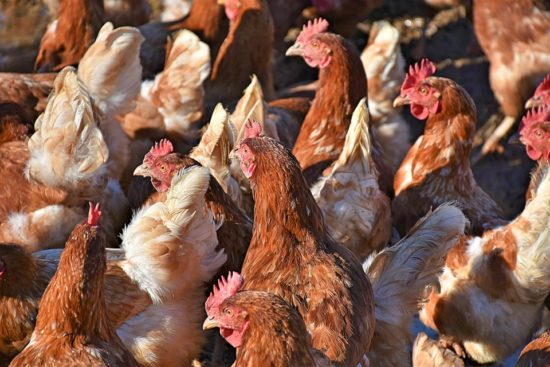Salmonella vaccine for poultry contributed to rise of antibiotic-resistant bacteria
An investigation into the evolution of Salmonella bacteria infecting Brazilian poultry shows that the introduction of a Salmonella vaccine, combined with increasing antibiotic usage by Brazilian farmers, has led to the rise of strains that are more antibiotic-resistant, but less likely to cause disease in humans. Andrea Micke Moreno of the University of São Paulo, Brazil, and Alison Mather of Quadram Institute Bioscience, UK, report these findings in a new study publishing June 2nd in the open access journal PLOS Genetics.
The bacterium Salmonella enterica is a common cause of food poisoning in humans that frequently results from contaminated poultry. Brazil is the world’s largest exporter of chicken meat globally, and a team led by Micke Moreno and Mather wanted to know if the strains of Salmonella present in Brazil were contributing to food poisoning cases in countries that import their products. The researchers compared the genomes of 183 Salmonella collected from chickens in Brazil and 357 Salmonella genomes collected from humans, domestic poultry, and imported Brazilian poultry products in the United Kingdom. They also looked at more than 1,200 publicly available genomes of the two main types of Salmonella found in Brazil to see what they could learn about the evolution of the Brazilian strains.
AMR NEWS
Your Biweekly Source for Global AMR Insights!
Stay informed with the essential newsletter that brings together all the latest One Health news on antimicrobial resistance. Delivered straight to your inbox every two weeks, AMR NEWS provides a curated selection of international insights, key publications, and the latest updates in the fight against AMR.
Don’t miss out on staying ahead in the global AMR movement—subscribe now!







